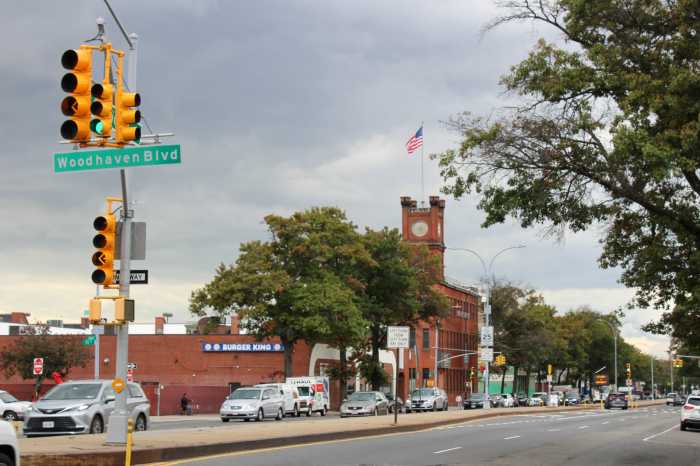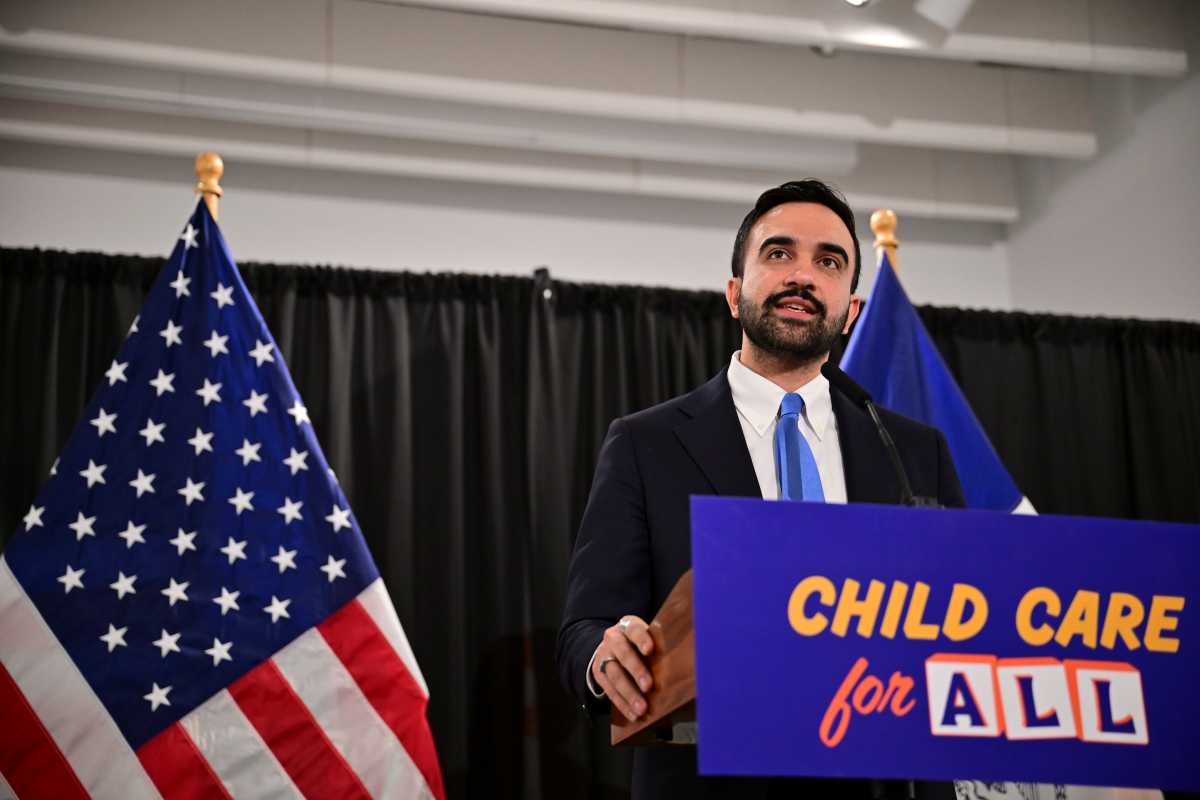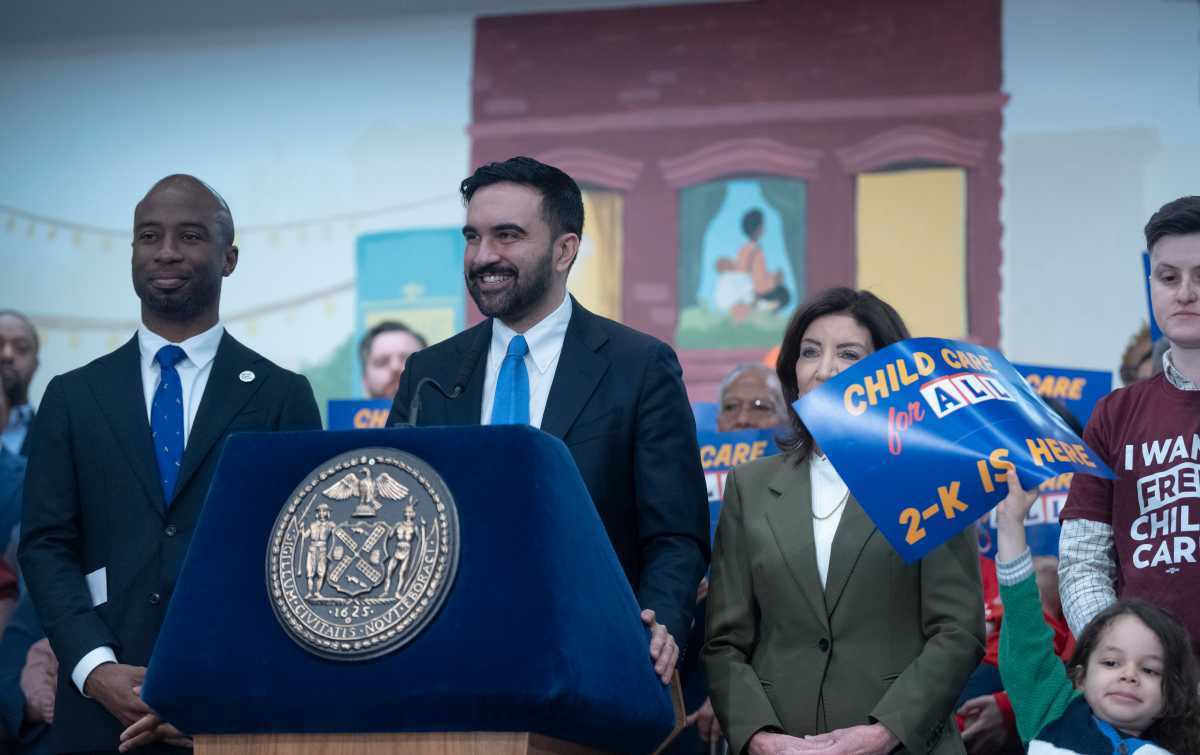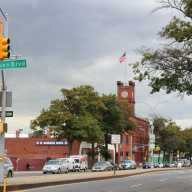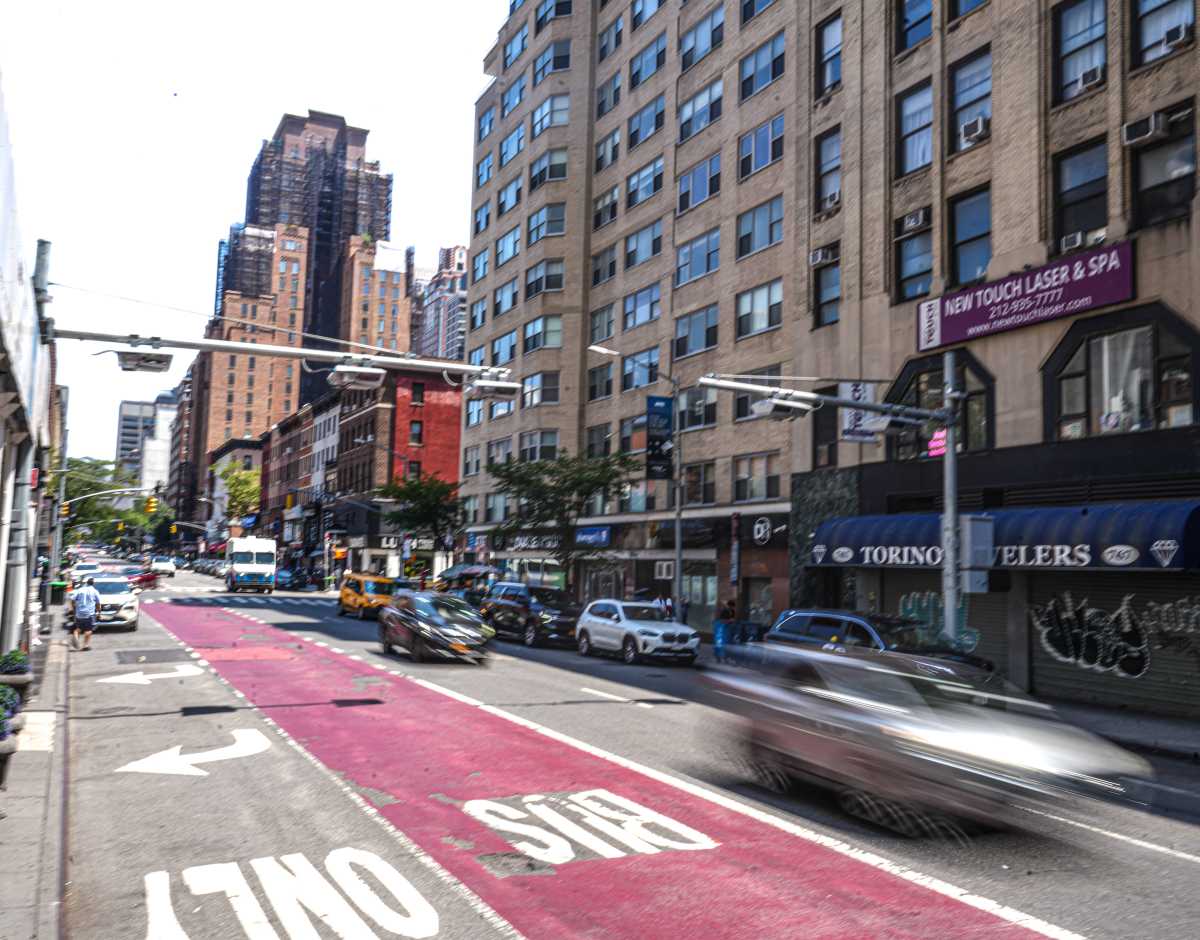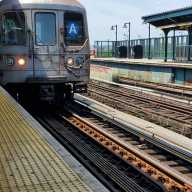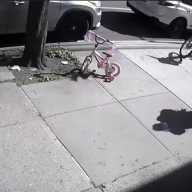By Sadef Ali Kully
At a presentation by the city’s Department of City Planning Monday, meant to push forward the mayor’s affordable housing plan, Queens community board heads voiced exasperation over zoning proposals that could potentially lead to the loss of parking space in subsidized housing near public transit.
City Planning requires changes to zoning regulations in order to meet the goals of the mayor’s plan. The presentation on zoning for quality and affordability and mandatory inclusionary housing focused on proposed affordable housing across the borough at a meeting of the Queens Borough Board.
But in those changes, parking space in Queens, a transit wasteland, would be greatly reduced for city-owned affordable housing.
The plan proposes less parking space in subsidized housing within a half mile from a transit hub or zone, in commercial development that also supports housing, and in housing for seniors.
According to City Planning, the city’s population will continue to grow rapid, including in the borough. The overall Queens population will reach 2.4 million and the senior population will grow by 30 percent — or an estimated 90,000 — by the year 2040, according to the agency’s projections.
Community board chairs in the borough and their representatives were not pleased about the plans to cut parking space, to say the least.
“To tell a senior that they have to give up their car is the last thing they want to hear,” Joseph Hennessy, chairman of Community Board 6 and a senior citizen, said. “Please don’t tell me to take the bus in the snow. A senior citizen with disability—what are you telling them? Tough luck! You gotta stay in your apartment. Are we serious here?!”
City Planning senior planner Laura Smith said at the presentation a well-designed building would require adding one to two stories so elevators become mandatory, which would prevent developers from squeezing units together. Changing the building’s facade would enable it to blend in with the neighborhood, even allowing space for commercial business.
The agency said the existing requirements for accessory off-street parking make it harder to meet the city’s need for affordable housing. Off-street parking, particularly in structured facilities, is expensive to construct—costing as much as $30,000 to $50,000 per space. Residents of affordable housing cannot pay the fees necessary to recoup the cost of constructing these spaces, about $200-$300 per month, and in many instances these provided spaces sit empty, since the limited number of low-income residents who do own cars park them on street. In less-dense areas, parking may be provided as surface parking that costs less to build, but nonetheless still takes up considerable space that might otherwise be used for housing, open space, or other uses, according to the proposal.
According to the agency’s officials, housing within a half a mile of a major transit hub would have no parking at all.
Neither Eric Kober, director of Housing, Economic and Infrastructure Planning, nor Smith physically visited any of the borough sites they mentioned as examples in their proposals and study.
Borough President Melinda Katz had questions, “You can see how this is worse for seniors. What is your vision when this happens practically?,”she asked.
Smith pointed out only a small subset of the population would be affected and there were options such as Access-a-Ride services.
“Try to go at night and try to find a parking spot in the Liberty corridor. People have cars,” Elizabeth Braton, chair of Community Board 10, said. She said senior housing parking lot in her community has always been full.
The board pointed out the lack of transit hubs across the borough and the difficulties seniors face during the winter. Board members said for seniors having their own vehicle gave them a sense of independence and it was cruel to take that away.
DCP said they will take the feedback on the proposal into consideration.
The Borough Board vote for the proposal will take place in Nov. 16.
Reach Reporter Sadef Ali Kully by e-mail at skull

